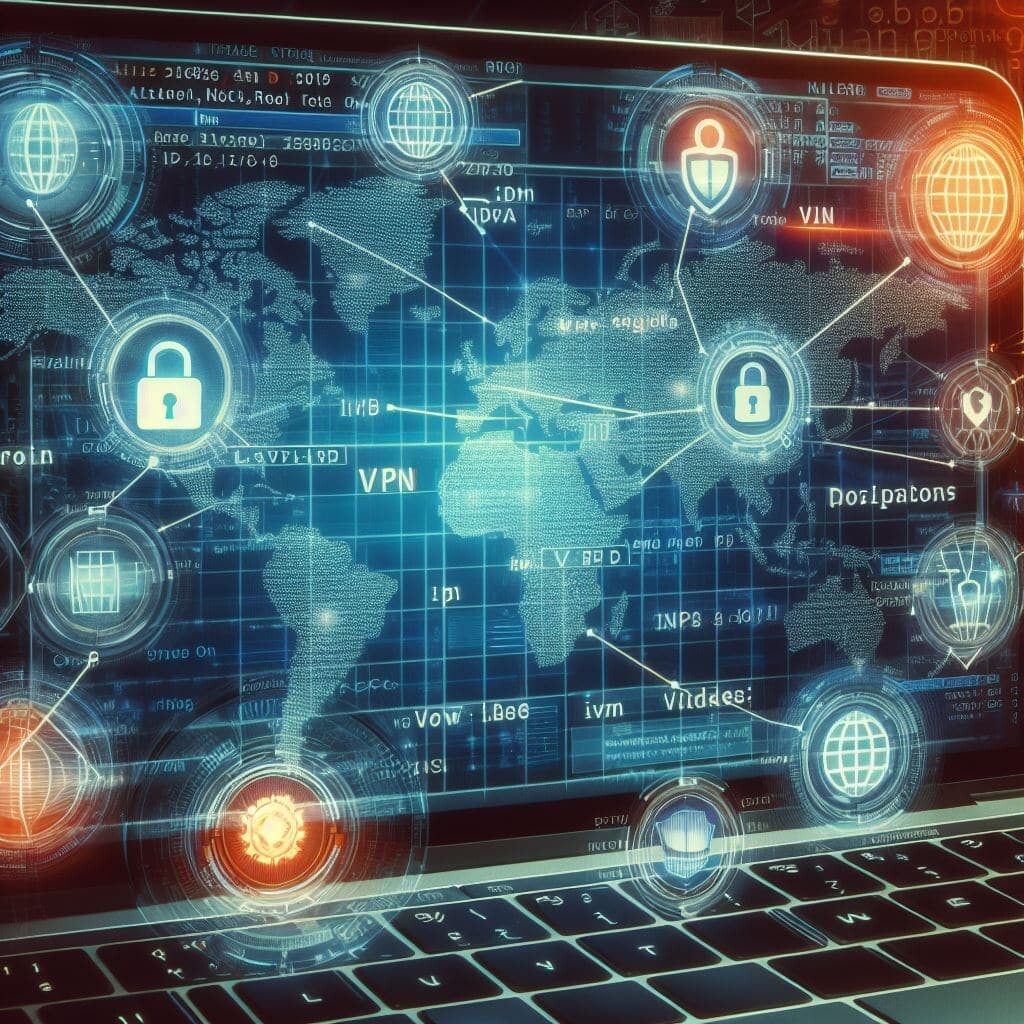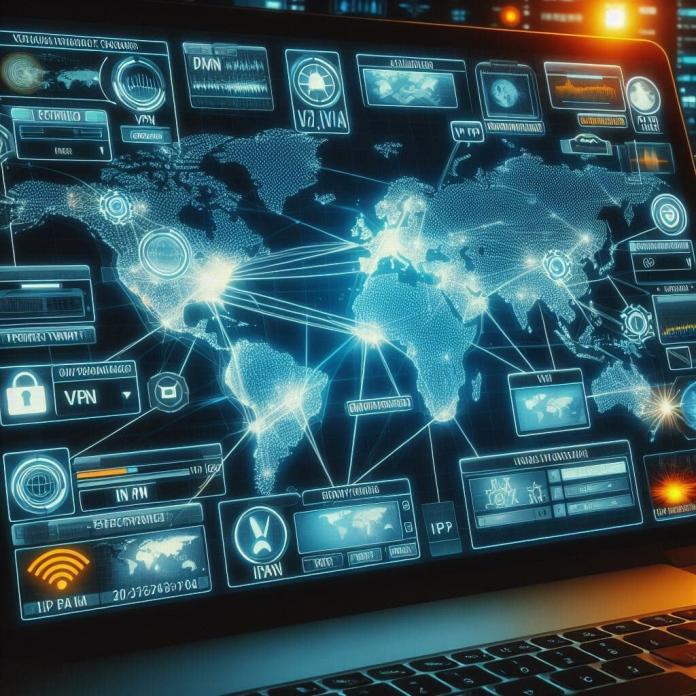VPN Technology and Security
In today’s interconnected world, where data and information are constantly being shared and transmitted across various networks, security and privacy have become paramount concerns. To address these concerns, Virtual Private Network (VPN) technology has emerged as an effective solution for secure and private communication. VPNs use encryption and tunneling protocols to create a private network within a public network, thereby enhancing security and privacy. In this article, we will explore the technical aspects of VPN technology and how it enhances security.
Understanding VPN Protocols and Encryption
VPN protocols are the set of rules and procedures that govern how data is transmitted between devices over a VPN connection. Popular VPN protocols include OpenVPN, PPTP, L2TP/IPSec, and SSTP. Each protocol has its own strengths and weaknesses in terms of security, speed, and compatibility. For example, OpenVPN is widely considered the most secure and flexible protocol, while PPTP is fast but less secure.
Encryption is a core component of VPN technology. It involves the use of algorithms to scramble data before it is transmitted over the network. Encryption ensures that even if a hacker intercepts the data, they will not be able to read it without the encryption key. Strong encryption algorithms such as AES-256 are used to secure VPN connections, making it virtually impossible for hackers to decipher the data.
Benefits of VPN for Data Privacy and Anonymity
One of the primary benefits of VPN technology is data privacy. VPNs protect data by encrypting it, ensuring that it can only be read by the intended recipient. This is especially important when transmitting sensitive information such as financial data, login credentials, and personal information. VPNs also enhance anonymity by masking the user’s IP address, making it difficult to track their online activity.

How VPN Prevents Cyber Attacks and Hacking
VPN technology can also prevent cyber attacks and hacking by making it difficult for hackers to intercept and steal data. When a user connects to a VPN, all of their data is encrypted and transmitted through a secure tunnel. This makes it virtually impossible for hackers to intercept the data and steal sensitive information.
VPN for Secure Remote Access and Work from Home
With the rise of remote work, VPN technology has become essential for secure remote access to company networks. VPNs provide a secure connection to the company network, allowing employees to work from home without compromising the security of the company’s data. VPNs can also be used to access restricted content and websites from anywhere in the world.
Conclusion: Importance of VPN in Modern Networks
In conclusion, VPN technology is essential for enhancing security and privacy in modern networks. It provides a secure and private communication channel, prevents cyber attacks and hacking, and enables secure remote access to company networks. With the increasing importance of data privacy and security, VPN technology has become a vital tool for individuals and organizations alike. By understanding the technical aspects of VPNs, users can make informed decisions about their online security and privacy.
In the fast-paced world of technology, security and privacy are of utmost importance. VPN technology has emerged as an effective solution for enhancing security and privacy in modern networks. By using strong encryption and tunneling protocols, VPNs provide a secure and private communication channel, preventing cyber attacks and hacking. VPNs also enable users to access restricted content and websites from anywhere in the world. As the world becomes more interconnected, the need for VPN technology will only continue to grow.




